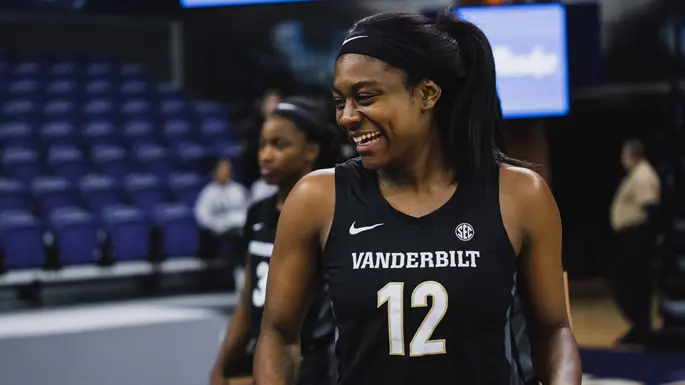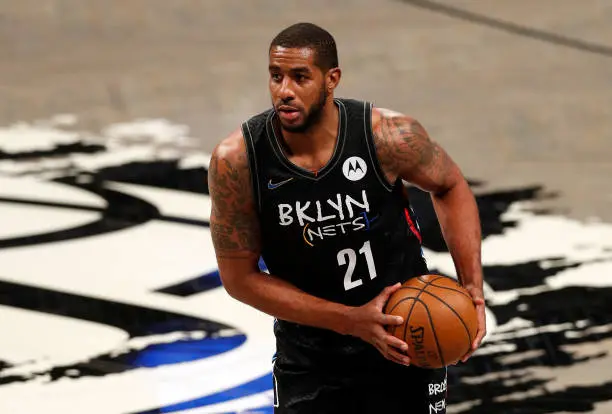NBA Players With Heart Problems
NBA players are some of the most gifted and blessed athletes in the world. With many standing well-over 6-feet, these players place an emphasis on overall health and wellness. However, for some, genetic and prior conditions may affect their overall playing time and time in the league.
And, while not too common, a few players have played and continue to play in the league despite prior heart related diseases and problems. Below, we are going to review and look at a few NBA players who have heart problems and the steps they’ve taken to help themselves to continue to play at the level expected of an NBA superstar.

What Are Heart Problems?
Heart problems, or a heart disease, are a range of conditions which can affect the heart. These can include, but are not limited to:
- Blood vessel disease, such as coronary artery disease
- Irregular heartbeats (arrhythmias)
- Heart problems you’re born with (congenital heart defects)
- Disease of the heart muscle
- Heart valve disease
However, although a heart problem, disease, or condition can last a lifetime, with proper care and maintenance, these problems can be treated and limited in overall scope.
Jared Butler

Jared Butler is, perhaps, one of the more famous NBA players to be playing with a heart condition. Having played college basketball at Baylor University, where he was named a consensus first-team All-American and helped lead the Bears to a national championship, he would declare himself eligible for the NBA draft in 2021.
However, before he could step on the court at Baylor University, Butler would have to pass his college basketball physical exam. Upon review, it was found that Butler suffered from hypertrophic cardiomyopathy.
Butler would reminisce, “I had never heard the term before. I was worried what this would mean for my playing career — and ultimately my life.”
Hypertrophic cardiomyopathy is this most common genetically inherited heart disease, estimated to affect between 1 in 200 and 1 in 500 people worldwide, according to a 2015 study published in the Journal of the American College of Cardiology. The condition causes the heart muscle to become too thick, which could lead to life-altering conditions such as arrhythmias, heart failure, stroke or death.
However, with routine cardiovascular care and checkups, Butler has been able to have a healthy basketball career. Teaming up with Dr. Michael Ackerman, a genetic cardiologist at the Mayo Clinic, they, “made a plan with him, his family and his team and reassess that plan frequently and alter it as needed…This is not the new and improved way, this is just the approved and best way.”
Demi Washington

While not an NBA player, Demi Washington plays for the Vanderbilt Commodores and was recently diagnosed with myocarditis. During a routine MRI done in 2021, as part of a post-Covid testing instituted by the university, Demi would receive the news of her condition.
She would state:
“I had a mild case of COVID. All the testing required by the SEC Conference was done and everything checked out fine. During an appointment after my MRI, I was told I had myocarditis and immediately I was in tears. I was in disbelief with a hundred thoughts and questions racing through my head. Is this something where I have to put the basketball down forever? Is there something I did to make this happen?”
Her disappointment soon turned into appreciation. Vanderbilt, unlike many other universities, requires more intensive screening following a Covid diagnosis. And for Demi, without that additional screening, may never have known about her condition.
She would further state:
“I might be out on the court right now if I was not at Vanderbilt. It’s so important that every person associated with student athletes be aware of the benefits of doing a cardiac MRI. And as athletes, we need to know more and advocate for ourselves. We always think these kinds of things won’t happen to you. But when it does, you want all of those extra steps taken. It’s always better to be safer than having to say, ‘I’m sorry.’”
LaMarcus Aldridge

One of the premier players in the NBA who last played for the Brooklyn Nets, LaMarcus Aldridge was drafted second overall in the 2006 NBA draft after having played college basketball for the University of Texas at Austin.
However, in his rookie season in the NBA, Aldridge would be diagnosed with Wolff–Parkinson–White syndrome. During the first quarter of a game against the Los Angeles Clippers, Aldridge would complain of shortness of breath and an irregular heart rhythm. Taken to Providence Hospital in Portland, he would receive his diagnosis, forcing him to miss the remainder of his rookie season.
Aldridge would return for his second season in the NBA and would continue to play at a high level. However, on April 15, 2021, Aldridge would suddenly retire from the league, citing health concerns. He would state:
“I can be in rhythm one second and out of rhythm the next second. No one can pinpoint when it can happen. It’s very unpredictable, and I didn’t want to keep playing and feeling the way I felt that night anymore and risk … no one knows for 100 percent if you can have something bad happen. My first time in 2006, I blacked out on the bench. That’s when we first found out that I had this condition. So what if I’m on the court and a big guy is coming down the lane, my heart is beating funny, and then I black out? He runs into me, and I can hurt my head on the floor. I can be paralyzed. What if I’m going for a dunk and I black out? There’s so many things that can happen in a bad way.”
However, on September 3, 2021, Aldridge would re-sign with the Brooklyn Nets after being cleared to play by medical professionals. That same season, Aldridge would score his 20,000 point in the league and he remains a member of the Nets.
